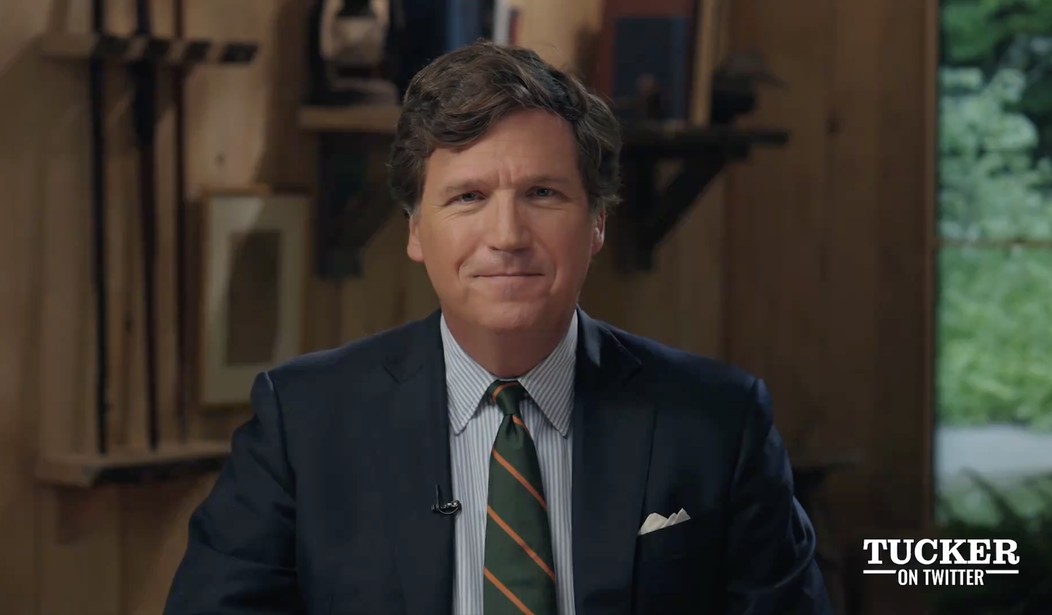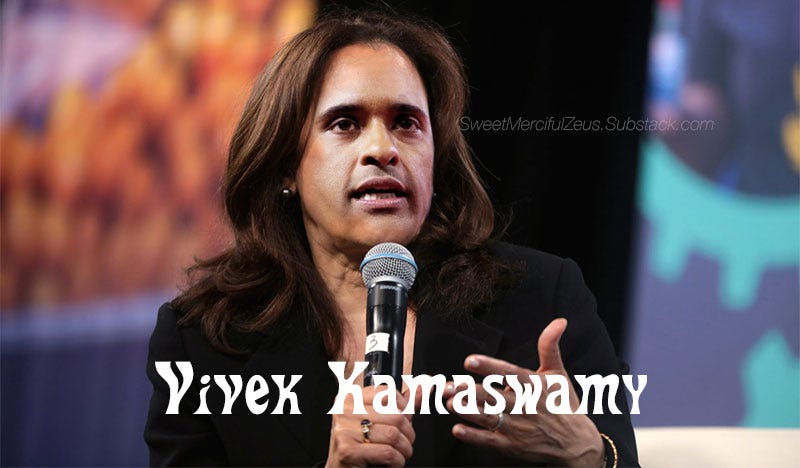I chose the featured image for a reason that would've seemed unimaginable not all that long ago. As I first looked at the picture, the sun setting behind the Statue of Liberty metaphorically suggests the sun setting on democracy — lower-case "d," that is — in America.
Arguably, our most cherished democratic institution is the fundamental right to hold free elections in which everyday Americans vote for the candidates of their choice — from state and local offices to members of Congress and ultimately, the office of the president of the United States.
Astonishingly (hardly), the once-vaunted New York Times apparently believes "it's time for a better way" to select those who govern.
In an op-ed originally titled "Elections Are Bad for Democracy" — then abruptly changed to "The Worst People Run for Office. It's Time for a Better Way" — Adam Grant, an organizational psychologist at the University of Pennsylvania’s Wharton School, opines on everything that's wrong with our elections, before putting forth his idea for a so-called 'better way."
In a nutshell, Grant wants to relieve Americans of the daunting task of voting in elections (you know, because we invariably end up electing the "wrong" candidates) and replace our elections with lotteries.
Yes, the so-called "organizational psychologist" believes that randomized lotteries are a "better way": (emphasis, mine)
On the eve of the first debate of the 2024 presidential race, trust in government is rivaling historic lows. Officials have been working hard to safeguard elections and assure citizens of their integrity. But if we want public office to have integrity, we might be better off eliminating elections altogether.
If you think that sounds anti-democratic, think again. The ancient Greeks invented democracy, and in Athens, many government officials were selected through sortition — a random lottery from a pool of candidates. In the United States, we already use a version of a lottery to select jurors. What if we did the same with mayors, governors, legislators, justices, and even presidents?
As Grant sees it, a lottery might not only help "conventionally unsuitable candidates" win offices, but also help eliminate "what psychologists call the dark triad of personality traits" from public office.
The most dangerous traits in a leader are what psychologists call the dark triad of personality traits: narcissism, Machiavellianism, and psychopathy.
What these traits share is a willingness to exploit others for personal gain. People with dark triad traits tend to be more politically ambitious — they’re attracted to authority for its own sake. But we often fall under their spell.
Grant suggests a common explanation of people with one or more "dark triad" personality traits is that they're "masters of fearless dominance and superficial charm," which voters often mistake as "confidence" or "competence." Depending on one's political persuasions, examples abound — generally on the other side of the aisle.
In a word, writes Grant: "If the dark triad wins an election, we all lose."
Hence, the elitist academic makes his case for randomized lotteries:
Eliminate voting, and candidates with dark triad traits would be less likely than they are now to rise to the top. Of course, there’s also a risk that a lottery would deprive us of the chance to select a leader with distinctive skills.
A lottery would give a fair shot to people who aren’t tall enough or male enough to win. It would also open the door to people who aren’t connected or wealthy enough to run.
Our broken campaign finance system lets the rich and powerful buy their way into races while preventing people without money or influence from getting on the ballot.
Besides, Grant suggests, "they're probably better candidates."
Research suggests that on average, people who grow up in low-income families tend to be more effective leaders and less likely to cheat — they’re less prone to narcissism and entitlement.
If you're thinking Grant's argument is not dissimilar to the issue of "fact-checkers," with respect to who fact-checks the fact-checkers, you're not alone.
Coincidentally, I wrote an article on Friday, titled "'News Source Trustworthiness Ratings': What Could Possibly Go Wrong?" about a proposal from Stanford University that would, in theory, eliminate the need for fact-checkers, if implemented. The problem is, who should be trusted to determine which news is "trustworthy" and which isn't?
Similarly, if one side wants to eliminate free elections, is it reasonable to assume that that side thinks it has something to gain by doing so?
Finally, the Money Factor
Grant estimates that switching to sortition (randomized lotteries) would save taxpayers billions of dollars — and also eliminate campaign contributions from special interest groups.
The 2020 elections alone cost upward of $14 billion. And if there’s no campaign, there are no special interests offering to help pay for it.
Good points — but at what real cost?
The Bottom Line
The American left is a sneaky bunch, gang. When leftists can't win (steal or cheat to gain power), they seek to change the systems they believe work against them.
Hillary Clinton's 2016 presidential election loss to Donald Trump was a perfect example.
After Hillary won the popular vote and Donald Trump won the electoral vote, Democrats howled at the moon about the "antiquated" Electoral College and the need to eliminate it in favor of electing presidents by popular vote.
Never forget: Nothing that the left wants to radically change is because Democrats believe their proposed changes would benefit America or its people. Their singular objective is gaining a vice grip on power — and hanging onto it in perpetuity.







